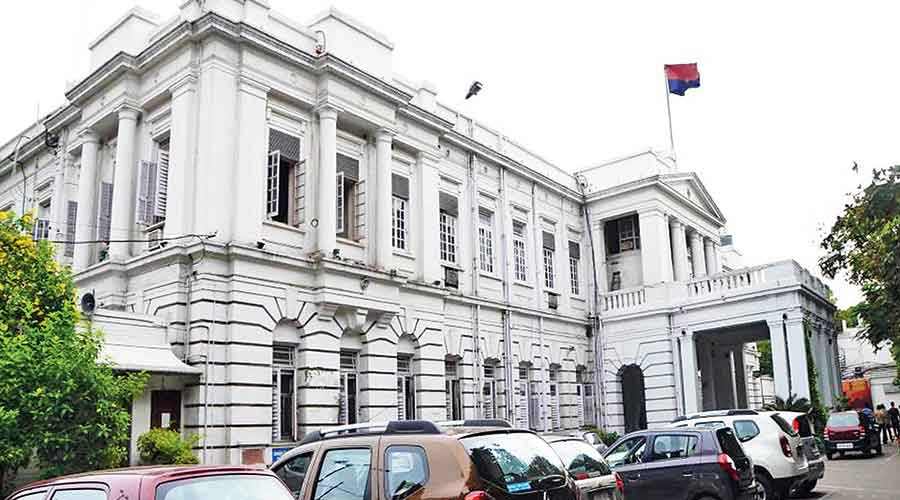The Narendra Modi- government simply isn’t able to shake off the captivation of a retrospective tax to undermine the effects of an adverse ruling by the Supreme Court — and this time the brunt of the change will fall on the stately, colonial-era social clubs in the country.
In a significant amendment to the Central Goods and Services Tax (CGST) Act, the government has introduced a new clause in sub-section 1 of Section 7 — which is being inserted with retrospective effect from July 2017 — which makes it mandatory for entities to “ensure levy of tax on activities or transactions involving supply of goods or services by any person, other than an individual, to its members or constituents or vice versa, for cash, deferred payment or other valuable consideration”.
This change effectively rips the cloak of immunity that the social clubs had after a three-judge bench of the Supreme Court ruled in October 2019 that all “showcause notices, demand notices and other action taken to levy and collect service tax from incorporated members’ clubs are declared to be void and of no effect in law”.
Despite that order, several top clubs in the city, including the Calcutta Club, have been levying GST on food and refreshments they serve to the members.
“We levy GST at the applicable rate on all members. All the top clubs in the city do that. We are collecting the levy since the time it was introduced. As a large organisation, we abide by all rules and regulations,” a senior member of a city club said tonight.
Liquor, however, does not fall within the ambit of GST and is subject to state excise duty. It could not immediately be ascertained if the leading clubs were charging the state’s levy on their liquor sales to members.
The latest controversial tax amendment is a blow back to the infamous decision of then finance minister Pranab Mukherjee to amend the Income Tax act with a 50-year retroactive effect and undermine a verdict of the Supreme Court that held that Vodafone Plc was not obliged to withhold tax while sealing its deal with Hutchison Whampoa group when it acquired a telecom entity in India for over $11 billion in 2007.
That case drags on with the government having decided to challenge an adverse verdict handed down by a court in Singapore. Another arbitration case involving Cairn Energy Plc has also gone against the Centre.
The Modi government had promised it would not resort to retrospective changes in law to extract taxes from entities that the courts had declared as a malafide. But it clearly isn’t abiding by the assurance that the late finance minister Arun Jaitley made in his budget speech in 2014 that the government “would not ordinarily bring about any change retrospectively which creates a fresh liability”.
Tax on clubs
The genesis of the case against social clubs arose from a notice that the assistant commissioner of commercial taxes sent to the Calcutta Club saying that it had “failed to make payment of sales tax on sale of food and drinks to the permanent members during the quarter ending 30th June 2002.” A similar notice was sent by the Chief Commissioner of Central Excise and Service to the Ranchi Club.
In their order the Supreme Court bench comprising judges R.F. Nariman, Surya Kant and V. Ramasubramanian said the Calcutta Club, which is an incorporated entity under the Companies Act 1956, charged and paid sales tax whenever it sold products to non-members or guests accompanying permanent members.
But when the invoices were raised in respect of supply made in favour of the permanent members, no sales tax was collected.
The club had argued that the transactions with its permanent members could not amount to a sale as the doctrine of mutuality would come into play.
The doctrine basically states that permanent members form a club and, therefore, there can be no sale transaction between a club and itself (represented by the members).
The club had argued that it was not a “dealer” within the meaning of the Act as there was no “sale” of goods in the form of food, refreshments or drinks by the club to its permanent members. The club also contended that it was acting as an agent of its members while supplying food and beverages to its members.
The Supreme Court upheld this view — the rationale for the decision founded on the principle that if there are no members, there is no club and vice-versa. As a result, the clubs felt they were safe from the axe of the taxman.
The case against the Calcutta Club had been initiated by the Bengal government under the West Bengal Sales Tax Act 1994. The state government’s counsel had argued that the doctrine of mutuality had been blown away by the 46th amendment of the Constitution which inserted Article 266 (29A).
The revenue authorities had argued that the doctrine of mutuality was not applicable after the amendment to Article 366(29-A), wherein a deeming fiction was created, holding that the supply of goods by clubs to its members would be treated as a sale for the purpose of levy of sales tax. It argued that the doctrine of mutuality, as applicable to sales tax, was not applicable to service tax, after the introduction of negative list (in 2012) came into force. The apex court refused to accept the proposition put forth by the revenue authorities.
The levy of sales tax has since been subsumed under the Goods and Services Act which came into force from July 2017 — which is why the latest Finance Bill has made the retrospective amendment from that date.
The Finance Bill 2021 now explicitly says: “For the purposes of this clause, it is hereby clarified that, notwithstanding anything contained in any other law for the time being in force or any judgment, decree or order of any Court, tribunal or authority, the person and its members or constituents shall be deemed to be two separate persons and the supply of activities or transactions inter se shall so be deemed to take place from one such person to the other.”
The move to treat the permanent member and the club as “two separate persons” cleaves the doctrine of mutuality argument and effectively undermines the apex court order of 2019.












